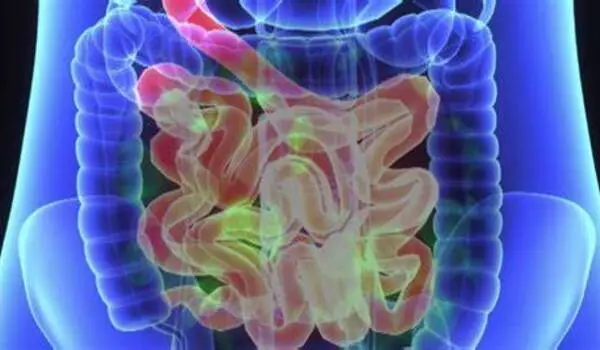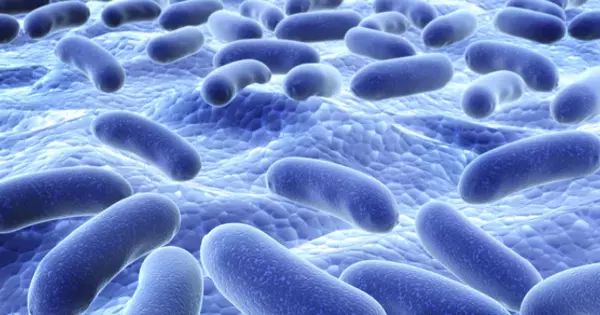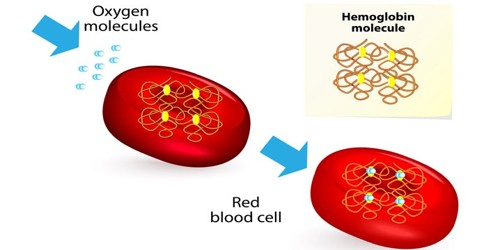Hypertension, often known as high blood pressure, is a complex medical disorder caused by a variety of factors such as nutrition, genetics, lifestyle, and others. High blood pressure, or hypertension, affects an estimated 40% of the global adult population, putting people at risk of cardiovascular disease and other hazardous health disorders. Recent research suggests that probiotics may have a protective effect, but experts are still unsure why changing the gut flora might regulate blood pressure.
Two novel probiotic strains have been added to the list of possible antihypertensive probiotics, according to a study published in mSystems. Treatment with the two probiotics, Bifidobacterium lactis, and Lactobacillus rhamnosus, brought blood pressure to normal levels in hypertensive mice. Over the course of 16 weeks, the researchers observed how the probiotics affected the animals’ gut microbial mix, finding specific microorganisms and metabolic pathways that may help explain the protective effect.
“Accumulated evidence supports an antihypertensive effect of probiotics and probiotic fermented foods in both in vitro and in vivo experiments,” said computational biologist Jun Li, Ph.D., at the City University of Hong Kong. Her team worked with that microbiologist Zhihong Sun, Ph.D., at Inner Mongolia Agricultural University, on the study. “So we believed that the dietary intake of probiotic foods would well supplement traditional hypertension treatment.”
Accumulated evidence supports an antihypertensive effect of probiotics and probiotic fermented foods in both in vitro and in vivo experiments.
Jun Li
Previous research has linked rising prevalence of hypertension worldwide to increased sugar consumption. It most likely raises blood pressure through a variety of processes, such as increased insulin resistance or salt retention, but in recent years, researchers have looked into sugar’s impact on the gut flora as well.
The researchers tested the two probiotic strains on mice that acquired elevated blood pressure after drinking fructose-laced water. They took blood pressure readings from the animals every four weeks for 16 weeks. They discovered that fructose-fed animals given either probiotic had considerably lower blood pressures than those fed a high fructose diet but were not given probiotics.

In addition, the researchers found no difference between the blood pressure readings of fructose-fed mice that received probiotics and a control group of mice that only drank water. That suggests probiotic interventions would maintain blood pressure at normal levels, Li said.
The researchers utilized shotgun metagenomic sequencing to look for links between changed gut microbiota and changes in blood pressure. They discovered that a high-fructose diet caused an increase in Bacteroidetes and a drop in Firmicutes bacteria in mice; however, probiotic treatment restored those populations to those found in the control group. In addition, the study discovered new microbial signatures linked to blood pressure: higher levels of Lawsonia and Pyrolobus bacteria, and lower levels of Alistipes and Alloprevotella bacteria, were linked to lower blood pressure.
The researchers are now planning a large clinical trial to see if the protective effect of probiotics extend to people with hypertension. “Probiotics present a promising avenue in preventive medicine,” Sun said, “offering potential in regulating hypertension and reshaping our approach to cardiovascular health.”
















